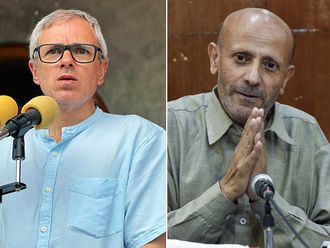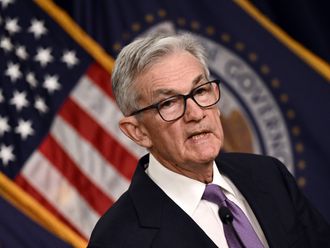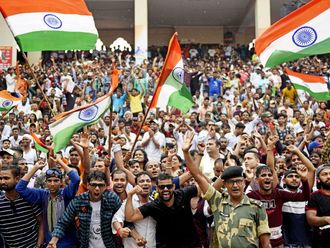Stable Arab societies need a well educated population which is socially and economically secure. Men and women need to be sure that they are safe under the laws and are able to enforce their rights. They need to know that if they engage in business their investment will be secure. They need to know that their social contribution will be valued by society at large, and they need to be sure that their children can grow up expecting much of the same, if not more.
All these social aspirations were integral to the programme for social sustainability being debated last week in Marrakesh at the World Economic Forum on the Middle East. The discussions were surprisingly upbeat as the region absorbs the fact that it is set to record a 4 per cent growth rate in 2010, in contrast to Europe and North America's almost zero.
The Gulf and Middle East seem to have got through the downturn relatively unscathed, but now other underlying factors, which will impede growth, are coming back to the top of the policymakers' priorities.
The aspirations shared by governments and people alike all lead back to improving the state of education. Countries like Qatar and Bahrain, as well as the UAE, got favourable comment from several speakers in Marrakesh who recognised that these governments want to act, and these Gulf states were held up as models for others to follow.
The policy trail is well known: good education will develop individuals into the productive citizens that the countries need. The people will then need the social and legal environment in which they can achieve their ambitions. They then become a settled and productive population, secure in themselves.
While this route is easy to outline, it is very hard to achieve in practice. It is nothing less than a slow but permanent social revolution, and it is on that epic scale that Arab governments should plan, even if different elements of this sweeping reform can be broken down into individual initiatives.








